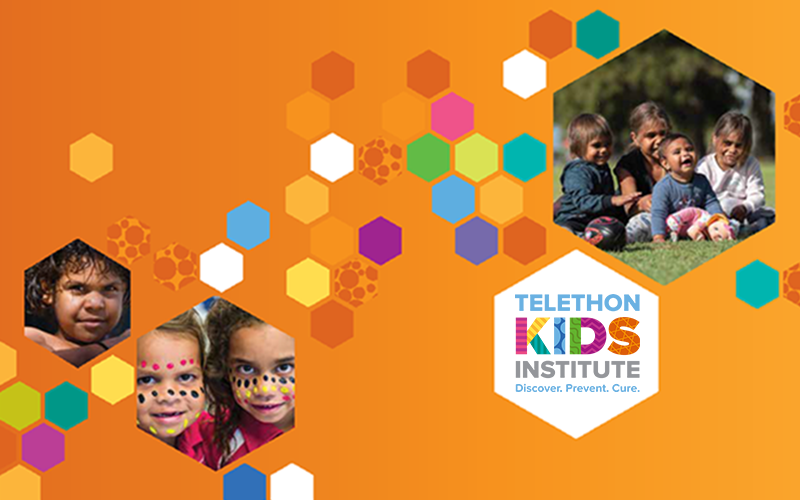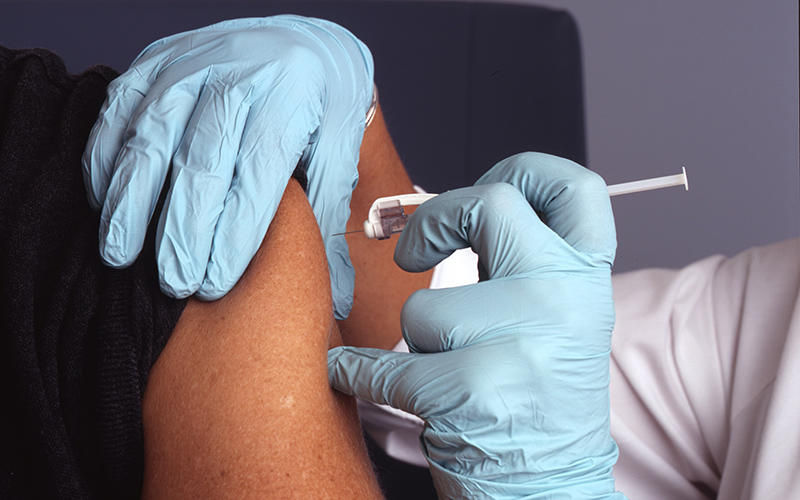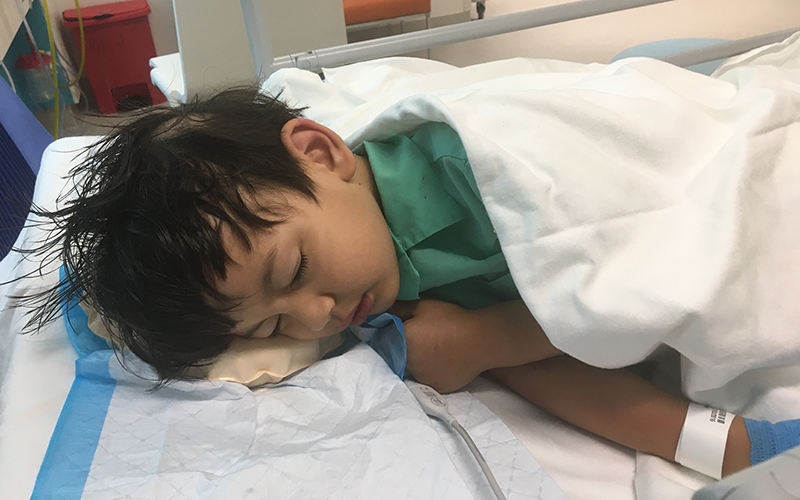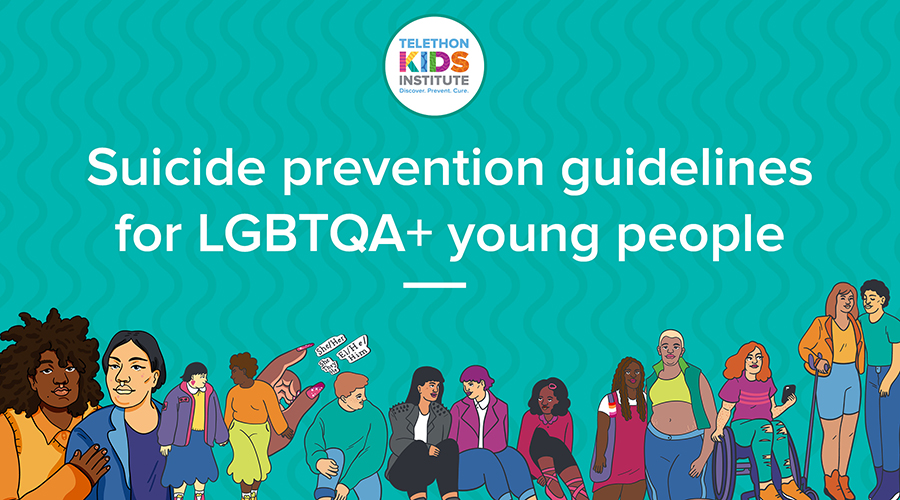Search

News & Events
Poor access to mental health services linked to suicide hotspots: studyCommunities with poor access to mental health services are eight times more likely to be youth suicide hotspots, according to new The Kids Research Institute Australia research.

News & Events
Renowned Autism Researcher named Western Australian of the YearAutism researcher Professor Andrew Whitehouse has been named this year’s Western Australian of the Year in the HBF Professions category.

News & Events
The Kids Research Institute Australia says yes to "The Voice"The Kids Research Institute Australia gives its full support for a First Nations Voice to Parliament to be enshrined in Australia’s constitution.

News & Events
BCG vaccine does not protect against COVID-19 in healthcare workersA world-leading international trial examining the immune boosting benefits of the tuberculosis vaccine, BCG, has found it does not protect healthcare workers against COVID-19.

News & Events
The Kids welcomes Federal Government’s commitment to early supportThe Kids Research Institute Australia welcomes today’s Federal Government announcement of a new pilot program to support babies showing early social communication differences in Western Australia.

News & Events
Study finds high rates of chronic lung disease in remote-living Aboriginal childrenAlmost one in five children across four remote Kimberley communities has some form of chronic lung disease, according to a new study co-designed and conducted in partnership with Aboriginal communities.

News & Events
Strep A hits Perth family twice in one yearCharlie, 6, has ended up in hospital twice with invasive Strep A infection over his short lifetime – the first time when just three years old.

News & Events
Suicide prevention guidelines to drive better services for LGBTQA+ young peopleResearchers have developed Australia’s first comprehensive guidelines for clinical and community services supporting LGBTQA+ youth.

News & Events
Paediatric anaesthetist named a WA Young Tall PoppyA leading paediatric anaesthetist and researcher focused on making anaesthesia safer and more comfortable for children has been named a 2022 Western Australian Young Tall Poppy.

News & Events
Sophisticated modelling shows WA’s Omicron outbreak still has months to runWestern Australia’s Omicron outbreak is far from over, with new modelling showing the number of total infections is only at its half-way point.
